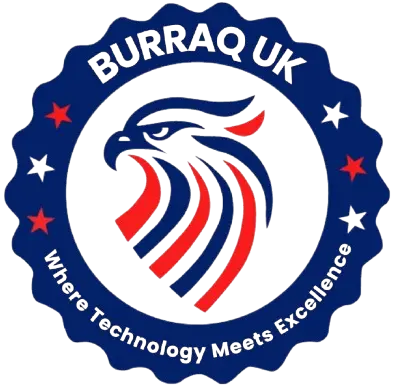ISO 9001 QMS Quality Management System Lead Implementer
ISO 9001:2015 is the internationally recognized standard for Quality Management Systems (QMS). It provides a systematic framework for organizations to consistently deliver products and services that meet customer and regulatory requirements while enhancing customer satisfaction.
The ISO 9001 Lead Implementer is a trained professional responsible for planning, leading, and managing the implementation of a QMS based on ISO 9001 standards. This role is crucial for organizations aiming to improve their processes, increase efficiency, and achieve ISO 9001 certification.

Aim of ISO 9001 QMS Quality Management System Lead Implementer
Equip participants with the comprehensive knowledge, practical skills, and leadership abilities required to effectively plan, implement, manage, and continually improve a Quality Management System (QMS) based on the ISO 9001:2015 standard.
Course Overview
ISO 9001 QMS Quality Management System Lead Implementer
Educational Background:
- Minimum: Bachelor’s degree in Engineering, Quality Management, Business Administration, or a related field.
- Equivalent work experience may sometimes substitute formal education requirements.
Work Experience:
- At least 3 to 5 years of professional experience in quality management or related fields.
- Experience working with ISO 9001:2015 standards or other ISO management systems.
- Hands-on experience in implementing, maintaining, or auditing Quality Management Systems (QMS).
Knowledge of ISO 9001 Standard:
- Good understanding of the ISO 9001:2015 standard clauses and requirements.
- Familiarity with the Plan-Do-Check-Act (PDCA) cycle and risk-based thinking principles.
Training Requirements:
- Completion of an ISO 9001 Lead Implementer training course conducted by a recognized certification body or training institute.
- Training typically covers detailed ISO 9001 clauses, implementation processes, gap analysis, documentation, and internal audit preparation.
Skills and Competencies:
- Strong project management and leadership skills.
- Ability to lead and manage cross-functional teams.
- Effective communication skills for training and guiding staff.
- Analytical skills for identifying non-conformities and driving continual improvement.
- Problem-solving skills and knowledge of root cause analysis tools.
| Course Code | Curriculum Title | Credit | DLH |
|---|---|---|---|
| BUK1969-1 | Introduction to ISO 9001 and Quality Management Systems | 2 | 15 |
| BUK1969-2 | Context of the Organization | 2 | 15 |
| BUK1969-3 | Planning the QMS | 2 | 15 |
| BUK1969-4 | Support and Resources | 2 | 15 |
| BUK1969-5 | Performance Evaluation | 2 | 15 |
| BUK1969-6 | Practical Exercises and Case Studies | 2 | 15 |
Learning Objectives
Introduction to ISO 9001 and Quality Management Systems
- Overview of ISO and ISO 9001:2015 standard
- Importance of quality management
- Principles of Quality Management
Context of the Organization
- Understanding organizational context
- Identifying interested parties and their requirements
- Defining the scope of the QMS
Leadership and Commitment
- Role of top management in QMS
- Leadership and customer focus
- Quality policy and organizational roles
Planning the QMS
- Risk-based thinking and opportunities
- Quality objectives and planning to achieve them
- Planning changes in the QMS
Support and Resources
- Managing resources (human, infrastructure, environment)
- Competence, awareness, and communication
- Documented information requirements
Operation
- Operational planning and control
- Requirements for products and services
- Design and development processes (if applicable)
- Control of externally provided processes, products, and services
Performance Evaluation
- Monitoring, measurement, analysis, and evaluation
- Internal audit processes
- Management review
Improvement
- Nonconformity and corrective action
- Continual improvement processes
- Tools and techniques for improvement
Implementation Planning and Project Management
- Gap analysis and readiness assessment
- Developing an implementation plan
- Project management techniques for QMS implementation
Internal Auditing
- Audit principles and preparation
- Conducting audits and reporting
- Follow-up actions and audit effectiveness
Practical Exercises and Case Studies
- Hands-on activities related to QMS documentation
- Simulated audits and corrective action processes
- Real-world case studies for application of concepts
- Quality Managers and Quality Assurance Professionals
- Auditors and Internal Auditors
- Consultants
- Managers and Team Leaders
- Engineers and Technical Staff
- Process Owners
- Anyone Interested in Quality Management
- All Modules within this qualification are assessed internally by the approved training Centre and externally verified by BURRAQ UK. The program uses a criterion-referenced assessment approach to ensure that learners successfully meet all required learning outcomes.
- A Pass in any unit is granted only when the learner submits valid, reliable, and authentic evidence that demonstrates achievement of
